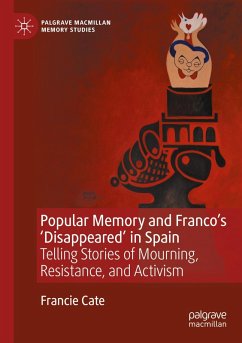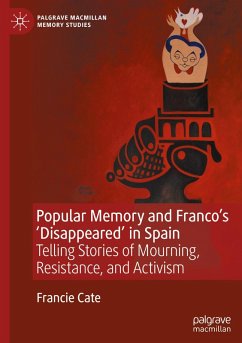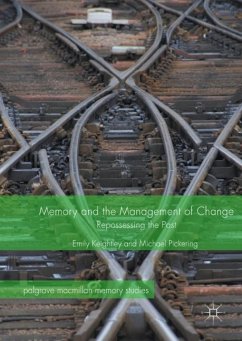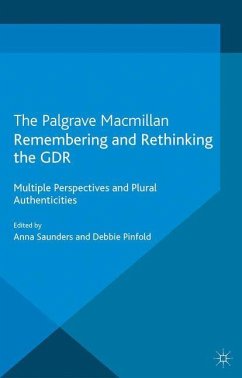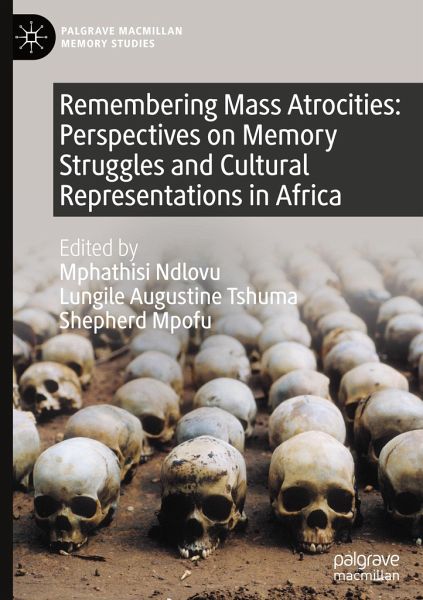
Remembering Mass Atrocities: Perspectives on Memory Struggles and Cultural Representations in Africa

PAYBACK Punkte
53 °P sammeln!
This book explores how popular cultural artifacts, literary texts, commemorative practices and other forms of remembrances are used to convey, transmit and contest memories of mass atrocities in the Global South. Some of these historical atrocities took place during the Cold war. As such, this book unpacks the influence or role of the global powers in conflict in the Global South. Contributors are grappling with a number of issues such as the politics of memorialization, memory conflicts, exhumations, reburials, historical dialogue, peacebuilding and social healing, memory activism, visual rep...
This book explores how popular cultural artifacts, literary texts, commemorative practices and other forms of remembrances are used to convey, transmit and contest memories of mass atrocities in the Global South. Some of these historical atrocities took place during the Cold war. As such, this book unpacks the influence or role of the global powers in conflict in the Global South. Contributors are grappling with a number of issues such as the politics of memorialization, memory conflicts, exhumations, reburials, historical dialogue, peacebuilding and social healing, memory activism, visual representation, transgenerational transmission of memories, and identity politics.




